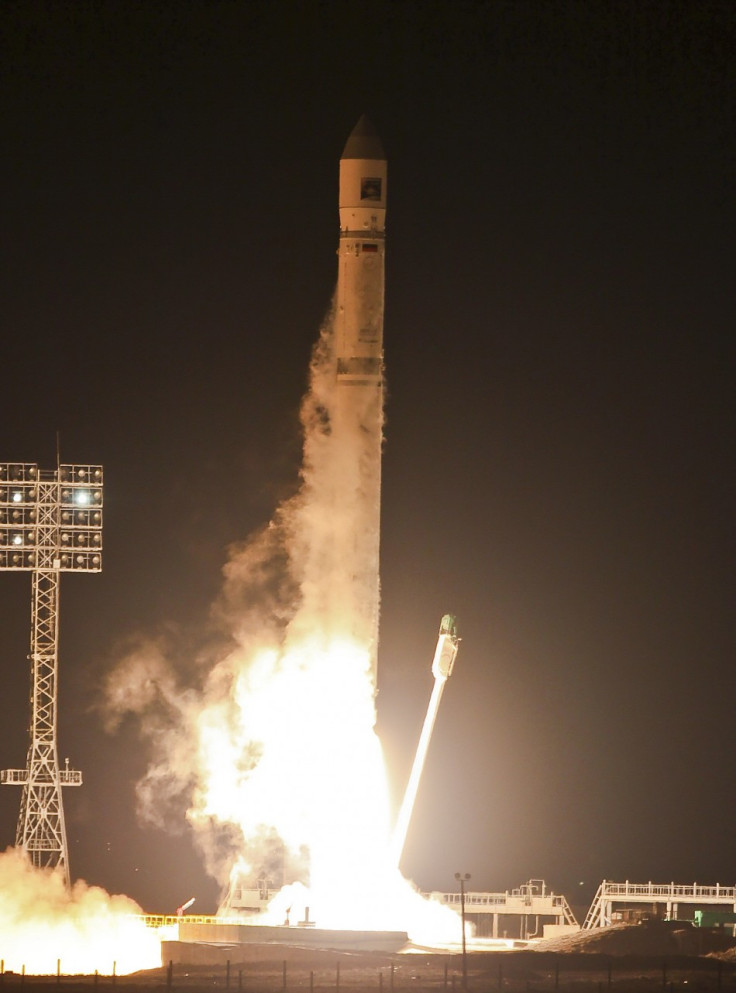Failed Russian Mars Spacecraft to Crash Into Earth

Russia has admitted that parts of the failed Mars probe Phobus-Grunt which became stranded in orbit may come crashing back down to Earth next week.
The 13.5 tonne spacecraft has been circling the Earth since November after its rocket boosters failed to ignite following take off, failing to send it on its journey to the Martian moon of Phobos
After frequent attempts to contact the rocket, the Russian space agency Roscosmos were forced to abandon the mission.
Officials have now warned that 20-30 fragments of Phobos-Grunt, weighing up to 200kg, could plummet and hit Earth. The most likely parts survive are the cone-shaped sample return that is protected with a hear shield and is built to survive crash landing without a parachute.
Roscosmos has said it will be impossible to predict where these fragments could land until just a few days before re-entry. They have said that the risk may be minimal as they believe a majority of the dangerous materials will burn up upon entry to the Earth's atmosphere.
Any other components that are not vaporised during re-entry are likely to harmlessly fall into the ocean or sparsely populated areas.
In October, scientists warned that 1.6 tons of the German research satellite ROSDAT would also come crashing back to Earth, although it is believed to of hit an area of extremely low population.
The Phobus-Grunt probe, which cost over £100m to build, was launched from the Baikonur Cosmodrome in Kazakhstan alongside the spacecraft Yinghuo 1, the first Chinese mission to Mars.
The spacecraft was expected to arrive at Mars in the autumn of 2012, enter the Martian orbit and studying the planet for some months before landing on Phobos in the spring of 2013.
A sub-probe would have collected samples from Phobos over a few days, before departing to return them to Earth with a planned arrival in August 2014.
© Copyright IBTimes 2025. All rights reserved.






















